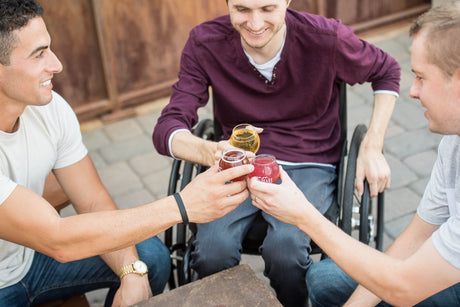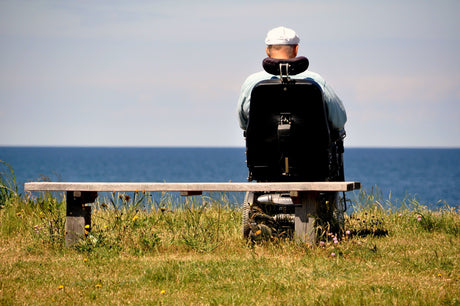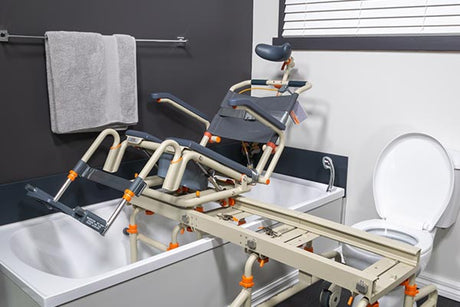The House of Commons Library published the government research into UK disability statistics in August 2023. As a mobility equipment provider in the United Kingdom, we aim to keep a close eye on research such as this to ensure we’re doing everything we can to better support the mobility impaired community in the ways they need. Here’s some tidbits we learned from this report.
Disability and mobility issues are common
The report found that as of 2021/22 around 16 million people across the UK had a disability of some kind. That’s 24% of the population - hardly a small group! Of this group, mobility was the most commonly reported type of disability - around 47%.
What this means is that potentially we have approximately 7.52 million people in the United Kingdom that face challenges with mobility in their daily lives. Unfortunately, so many bathrooms across the country are tight and awkward, making it difficult for bathing, toileting and other bathroom tasks.
We believe that more could be done to better support this community in all facets of life. Showerbuddy’s focus is bathroom use, but everything from public transport to community facilities access could benefit from more consideration of the disabled community’s needs.

Mobility significantly impacts daily activities
The report from the Commons Library also found that mobility issues such as moving around the home or accessing different levels of a home can significantly impact daily activities and the enjoyment of these. We believe that bathroom access is an important aspect of this to improve. Often UK homes’ bathrooms are smaller and the access generally can be quite difficult. There’s also the challenge of renting which limits the potential to make modifications to better accommodate mobility needs. This is why the Showerbuddy solution makes sense - it brings comfortable shower or bathroom support and transfer without requiring any holes to be drilled or other modifications made.
In the research we learned that the UK’s mobility impaired community face real challenges when it comes to employment and economic opportunities. At the time of the research, only 53.7% of disabled individuals were employed compared with 82.7% of non-disabled individuals. While there are many factors at play, better support for in-home and personal mobility could potentially support better job prospects for those seeking employment. This could include accessing public transport to get to a place of work, or better in home tools to work remotely.

The housing and living conditions often don’t meet needs
54% of the social rented demographic include someone with a disability. There’s a need therefore to ensure these properties offer better accessibility throughout the home, including the bathroom. Improving this support can not only better help the individual, but their family as well, who are often required to provide in-home care like transfers onto the toilet or getting their loved one dressed in the morning
There’s a knock on effect on broader health
Unfortunately, a disability can often mean poorer health outcomes as complications from the disability impact general wellbeing. We believe that inadequate housing and living support can only make this worse, whereas a good care plan and assistive technologies can go some way to improving overall quality of life in the home.
What can be done to make bathrooms more accessible?
Bathrooms are an area that we specialise in. We know that the UK has its own set of challenges brought about by many very old homes built during times where there were little-to-no standards around accessibility. When we consider just the sheer number of disabled people across the country and the standard of typical bathrooms, the gap in suitability is quite clear. Getting a bathroom modified with hoists, lifts and grab bars can sometimes be achieved with grants, but this isn’t always possible. As we’ve mentioned, renters face a real challenge with not being able to make changes to suit disabled members of the household.

We know that Showerbuddy is a great solution for many families across the UK for this reason. Our solutions from the ShowerBuddy SB1 (for showers with an edge) to the TubBuddy (for bathtub based showers) to the Roll-In range (for wet room style showers) have been carefully designed and manufactured to offer excellent comfort and support, without compromise. But perhaps their best feature is their ability to be installed and used without any damage to the bathroom. Showerbuddy chairs can be removed without a trace quickly and moved to another bathroom or home without issue.
Our solutions also include an extensive range of accessories that can modify the support and dimensions of our systems. This is important for many UK bathrooms that may require a shorter bridge length or other dimensional changes. With that said, our chairs as standard are not big and bulky, and can be adjusted to fit.
Learn more about shower chairs and mobility
If you’re interested in learning more about shower chairs, you can find out more in our full guide here.



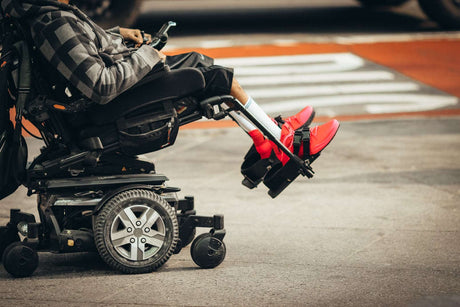
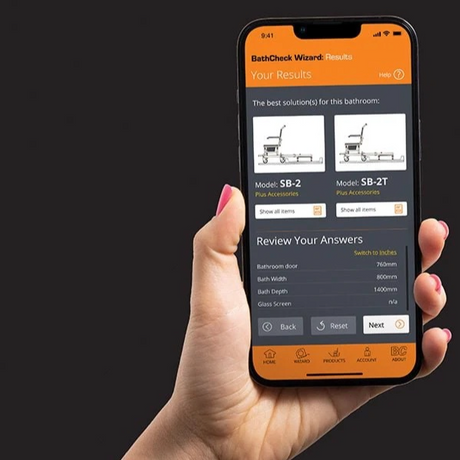
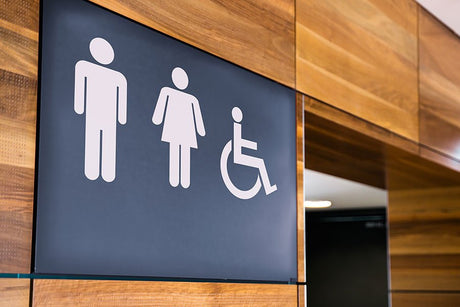
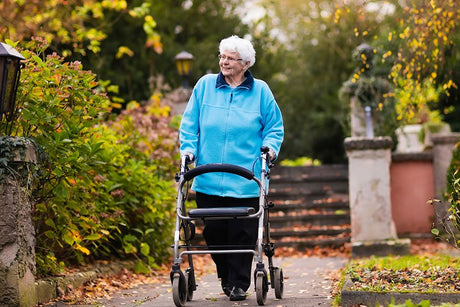
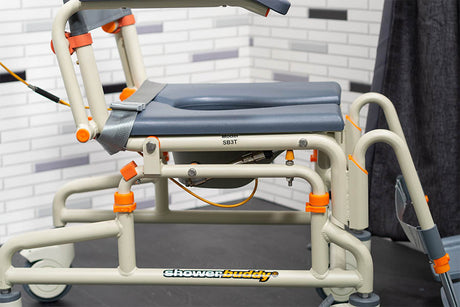
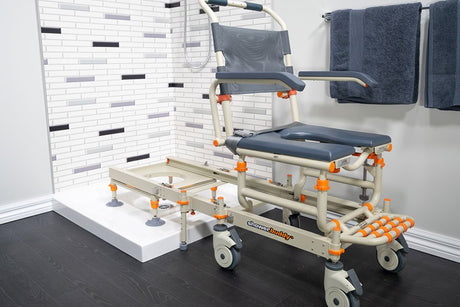
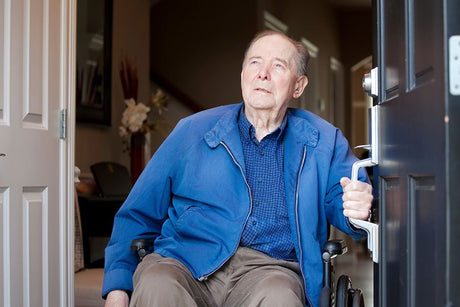
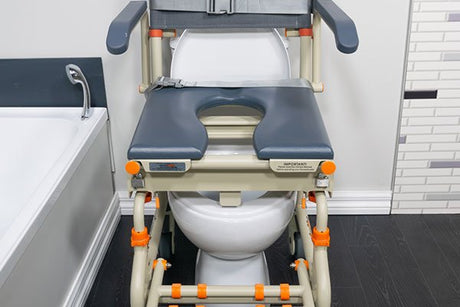


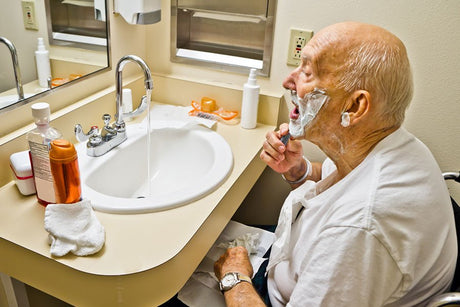
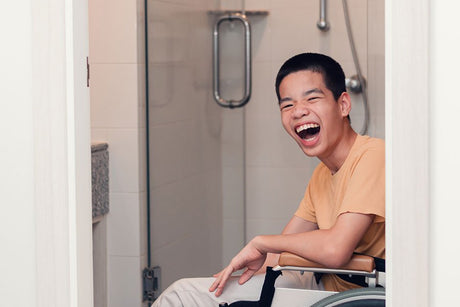
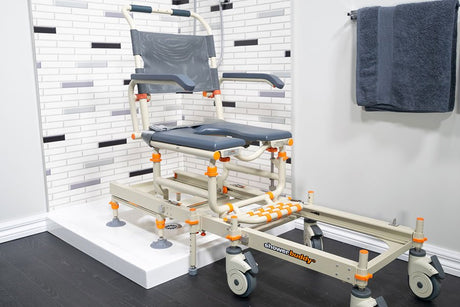
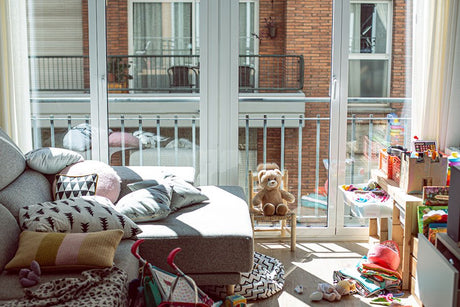
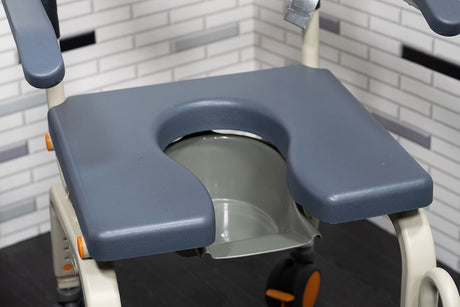
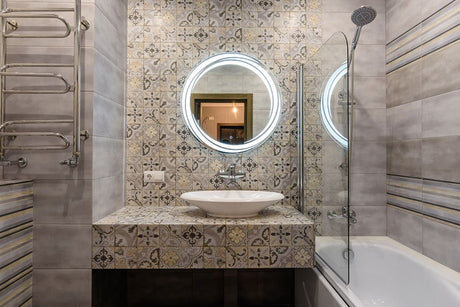
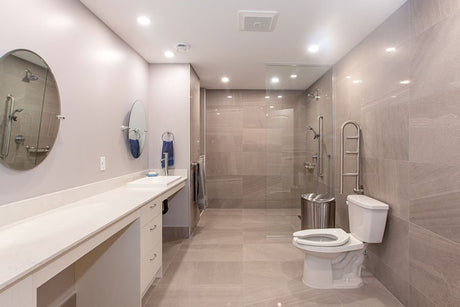

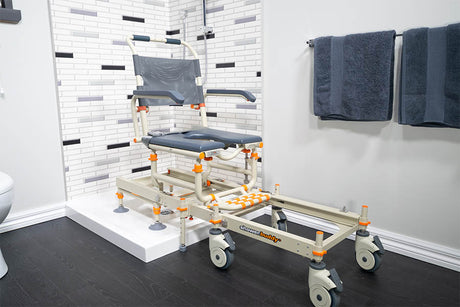

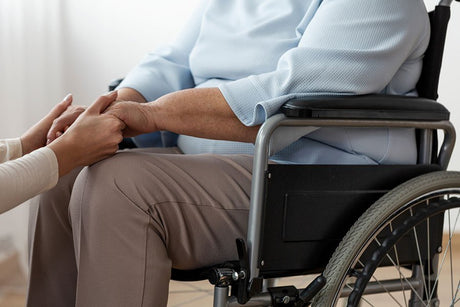
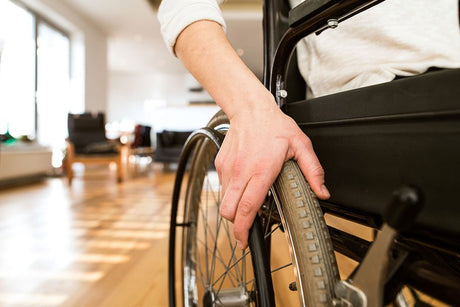
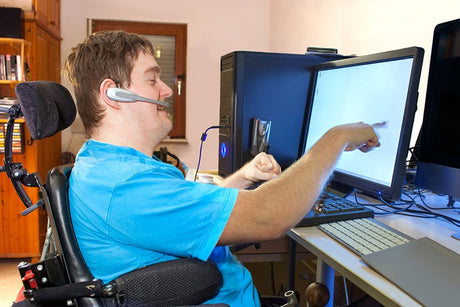


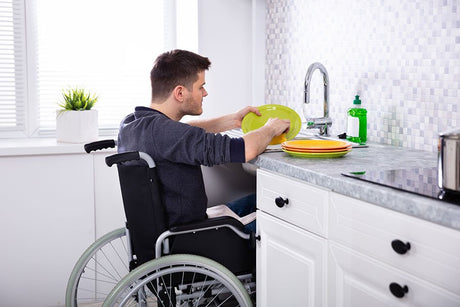
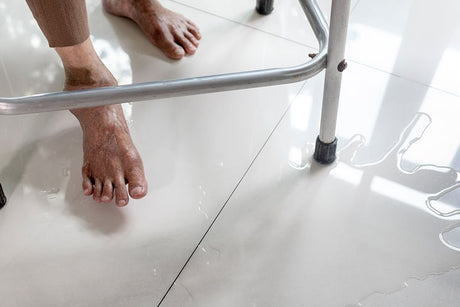
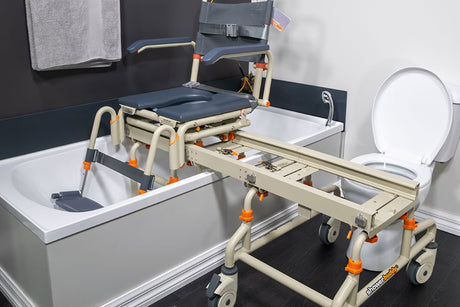
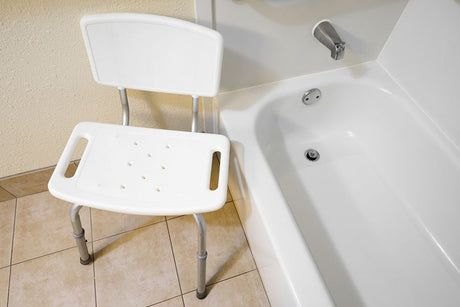
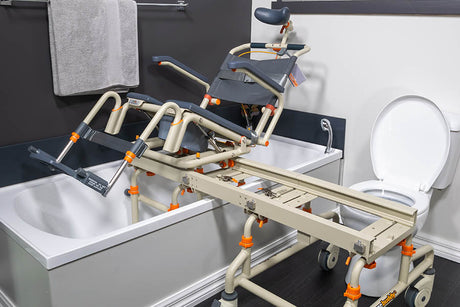
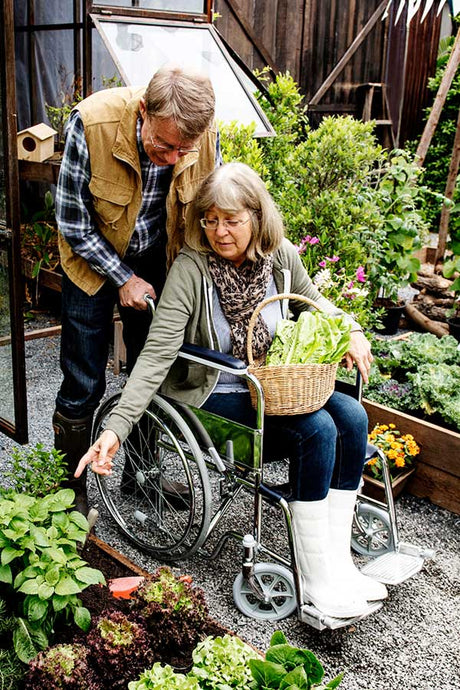
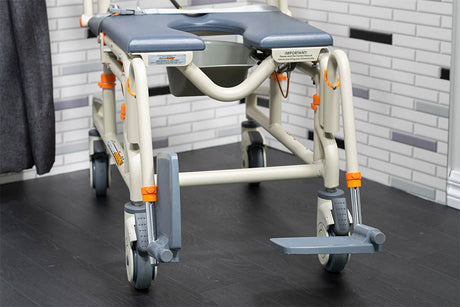

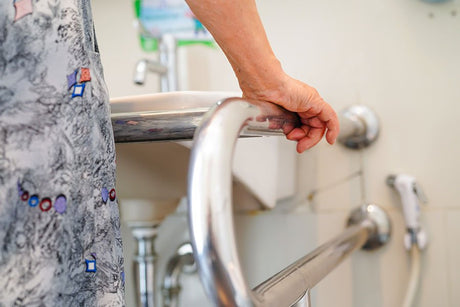
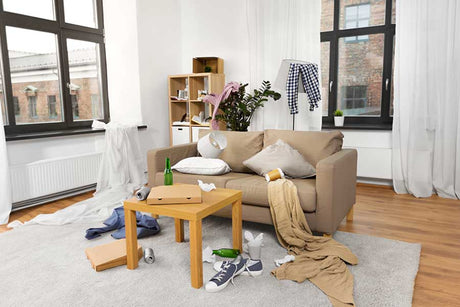
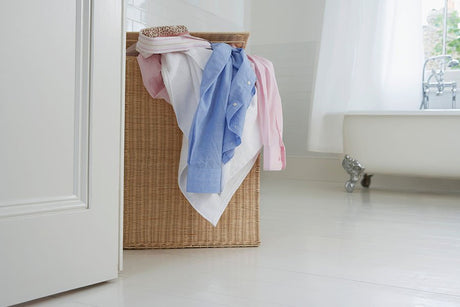
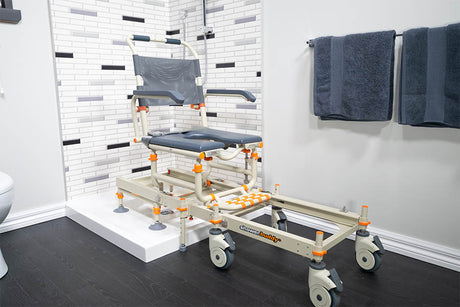
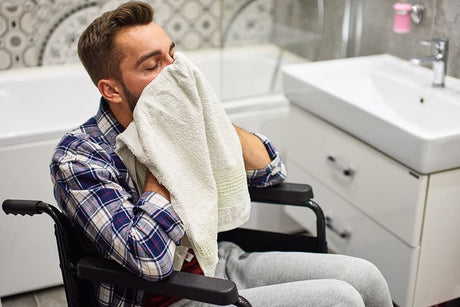


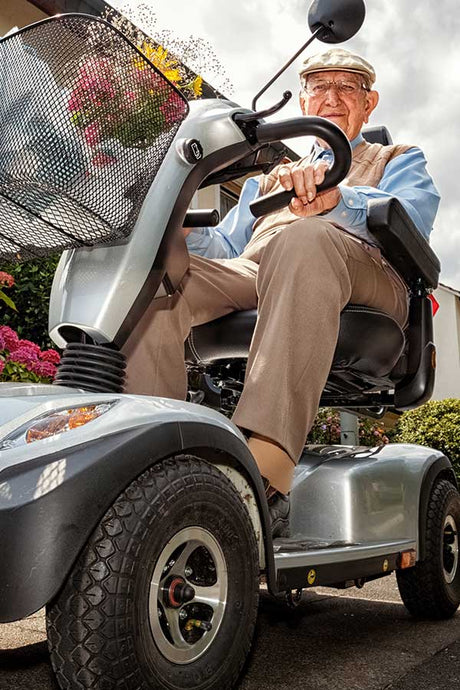

![Toilet Training A Young Child With Mobility Challenges [And How A Shower Chair Can Help]](http://shower-buddy.com/cdn/shop/articles/toilet-training-disabled-child.jpg?v=1699405543&width=460)


